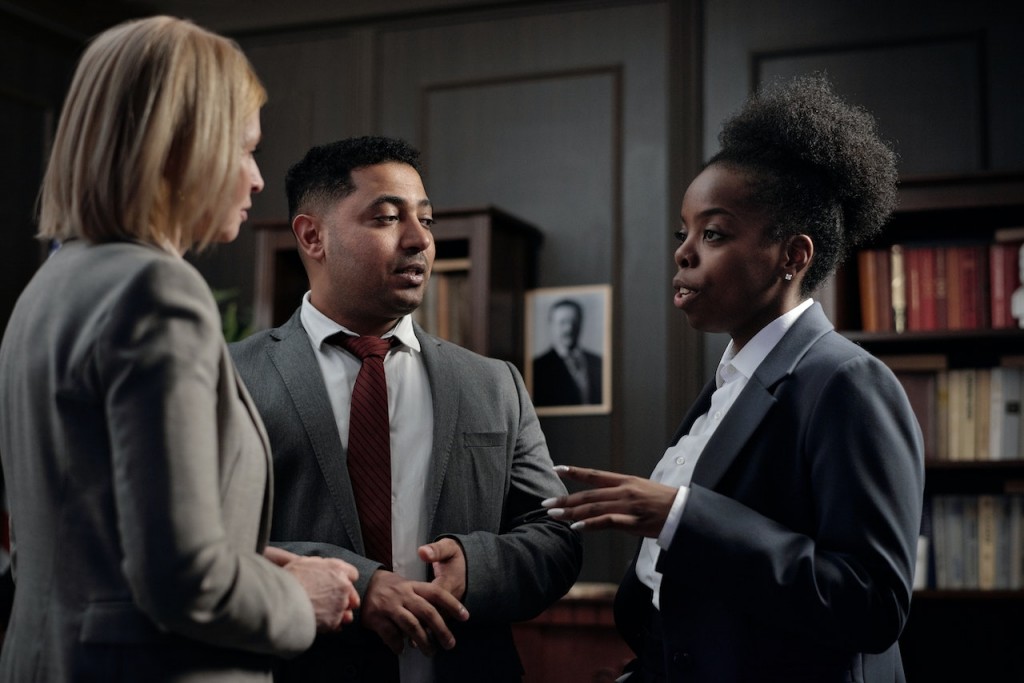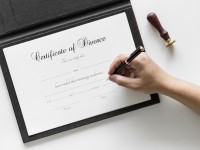Estate law is complex and varies from state to state. When emotions are running high, there can often be disagreements over even small possessions. It’s always a tough situation to be in, but the law does provide a framework for handling these difficult matters.
The best way to handle these situations, from a legal perspective, is through careful estate planning. Ideally, a person leaves a detailed will and/or trust outlining what happens to their assets after their death. This gives clear directions to their loved ones and can help prevent disagreements.
But when things do get contentious, it’s ordinarily recommended that the parties try to resolve their differences amicably, if possible. If worst comes to worst, legal representation might be necessary.
Key Factors When Considering An Estate Attorney
-
Specialization
Make sure your attorney specializes in estate law. It’s a complex field and you want someone who is up-to-date with the latest rules and regulations in your particular State.
-
Experience
Look for a lawyer who has substantial experience with cases similar to your own. An experienced attorney will be familiar with the process and possible pitfalls.
-
Reputation
Read reviews, talk to past clients when possible, and make sure they’re in good standing with their bar association. A lawyer’s reputation can say a lot about their reliability and professionalism.
-
Communication
You’ll want someone who is communicative and responsive to your needs. It’s a stressful time, and having a lawyer who keeps you informed and answers questions promptly will make a big difference.
-
Fees
Some attorneys bill by the hour, others may charge a flat fee. Ensure this is clear right from the start to avoid surprises later on.
-
Their Team
It’s not just about the lawyer, but the people they have supporting them – junior lawyers, paralegals, administrative staff. The best attorneys have an efficient and understanding team behind them.
-
Comfort Level
Trust your gut feelings. Are you comfortable sharing your personal details with this person? Do you feel the attorney understands your needs and will work diligently on your behalf?
You’re hiring an attorney to work for you. This attorney should be willing to take the time to explain things in a way that you understand and helps you feel included in the process. Ultimately, the goal is to make the legal process as smooth as possible while ensuring your interests are being properly represented.

Crucial Questions When Vetting An Estate Attorney
Arrive at your consultation prepared with a list of questions, like these, to help you find the best estate attorney for your needs.
- How long have you been practicing estate law? Experience in the field is always a major plus.
- What percentage of your practice is dedicated to estate law? It’s important that the attorney doesn’t just dabble in the area but has a firm focus on it.
- What types of clients do you typically represent? If they have experience dealing with situations similar to yours, they might be a good fit.
- How would you handle my case, and what is your strategy? It will give you a sense of their approach and if it aligns with your expectations.
- What do you anticipate the outcomes for this case might be? It’s important to have an attorney who can set realistic expectations.
- How will communication between us work? Regular, transparent communication is key.
- Can you provide references from past clients? If they’re good at what they do, they have happy clients willing to vouch for them.
- Will anyone else be working on my case? Sometimes junior lawyers, paralegals, or legal secretaries might also work on the case. It’s good to know who they are and what their roles will be.
- How long do you expect this case to take? While no lawyer can give a firm timeline (given the unpredictability of many factors), they should be able to provide an estimated timeframe.
- How have you handled situations similar to mine in the past? Anecdotal experiences often offer valuable insights.
The goal is to find out as much as possible about the lawyer’s abilities, style, and how they work. By asking these questions, you can gain a deeper understanding of whether the lawyer is a good fit for your specific situation. For instance, you might have completely different questions to ask a criminal defense attorney if you were in wildly different circumstances.
Check Your State’s Specific Laws
Estate law can vary quite significantly from state to state. These differences can cover a wide variety of areas including, but not limited to, the probate process, inheritance laws, property laws, and estate tax obligations.
Because of these variations, it’s crucial that the estate planning is done with a thorough understanding of the specific laws and rules in their state. Hence, the importance of hiring an attorney who is well-versed in estate law. There’s nothing like peace of mind during difficult times, and the right attorney can provide such reassurance.






As a seasoned estate lawyer, I found this article quite comprehensive and valuable for anyone seeking legal guidance in estate matters. It emphasizes crucial points such as ensuring specialization in estate law, evaluating the lawyer’s experience, and assessing their communication skills and fee structure. These aspects are vital in making an informed decision. The list of questions to ask during consultations is particularly insightful, aiding potential clients in thoroughly vetting their options. Such preparation can significantly contribute to a smoother, more effective legal process.